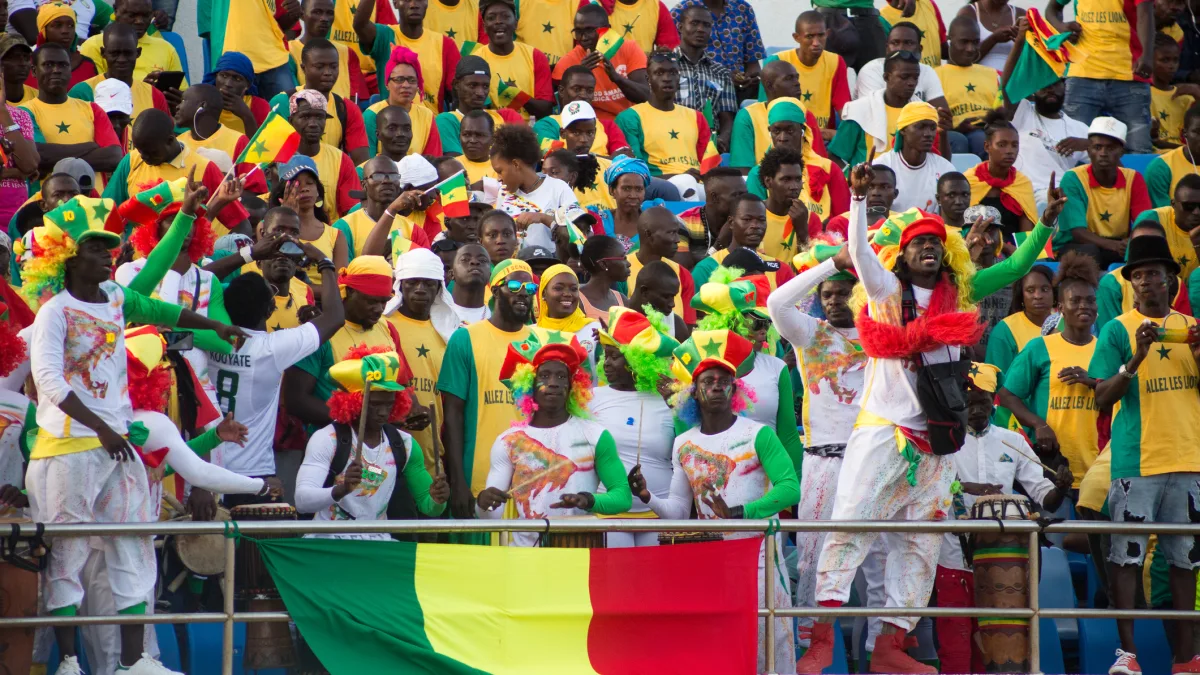Quite the spectacle unfolded in Sofia this week. While Europe’s parliament gave its final blessing to Bulgaria’s euro adoption on January 1, 2026, protesters in the country’s capital were busy waving Russian flags and demanding referendums. “The battle for the Bulgarian lev is the last battle for Bulgaria,” declared one enormous banner stretched across the city’s main square.
The irony would be amusing if it weren’t so misplaced. Bulgaria has been tied to the euro’s apron strings since 1997, when a devastating banking crisis forced the government to peg the lev (initially to the Deutsche Mark) at 1.95583 per euro. Walk into any Bulgarian estate agent’s office, and the prices are in euros. Check your savings account—probably euros too. Even the corner shop often displays prices in both currencies. What’s happening in January isn’t revolution; it’s paperwork.
Yet thousands have marched through Bulgarian cities, from Sofia to Varna, convinced that Brussels bureaucrats are about to steal their sovereignty. The protesters have a point about one thing: half of Bulgarians don’t want this. But they’re fighting yesterday’s war.
Croatia’s success story
Ask Boris Vujčić about euro adoption, and the Croatian central bank governor practically glows. His country joined the eurozone in January 2023, becoming the 20th member just as global inflation was spiralling out of control. Critics warned of disaster.
Instead, Croatia discovered something remarkable: lending rates converged completely with eurozone levels for the first time in the country’s history. Croatian companies suddenly found themselves competing on equal financial terms with German and French rivals. The government estimates the changeover saved the economy around 160 million euros through improved credit ratings and eliminated transaction costs.
The feared price explosion? Croatia’s euro switch added just 0.4 percentage points to annual inflation—a blip concentrated mainly in haircuts and restaurant meals. More tellingly, Croatian inflation ran lower than in Hungary, Poland, and Czechia, countries that had kept their own currencies.
One Zagreb fruit vendor captured the mood perfectly: “Maybe prices are up a few cents, but that’s nothing.” Not exactly the economic apocalypse that euro-sceptics had predicted.
The sovereignty myth
Bulgaria’s protesters worry about surrendering monetary independence, but this reveals a fundamental misunderstanding. The country joined the Exchange Rate Mechanism in July 2020, effectively handing over monetary policy to Frankfurt already. The currency board arrangement means Bulgaria’s central bank cannot cut interest rates to fight recession or raise them to combat inflation. It simply follows the European Central Bank’s lead.
Kostadin Kostadinov, leader of the pro-Russian Revival party, warns that, “someone else will decide how we spend our money, the Bulgarian budget will be approved by the European Central Bank.” This is nonsense on steroids. The ECB doesn’t approve national budgets—that’s not how the eurozone works. But facts rarely intrude on a good conspiracy theory.
Meanwhile, President Rumen Radev encouraged the protests by proposing a referendum that parliament correctly rejected as unconstitutional. His intervention smacks of electoral positioning rather than principled opposition. When your head of state is pandering to crowds carrying Russian flags, you know politics has gone off the rails.
Bulgaria’s impressive convergence
Strip away the political theatre, and Bulgaria’s economic performance looks remarkably solid. Inflation averaged 2.7 per cent over the most recent reference period, just below the ECB’s 2.8 per cent threshold. The government deficit hit exactly three per cent of GDP in 2024—cutting things fine, but meeting the fiscal criterion. Public debt remains a modest 24.1 per cent of GDP, well below the 60 per cent limit.
This convergence didn’t happen by accident. Bulgaria has travelled a long road since its banking crisis of the late 1990s, when 14 banks collapsed and inflation exceeded 300 per cent.
Those memories still haunt many Bulgarians, particularly in rural areas where people have never used foreign currency. “Some people still ask me if the Bulgarian euro will even be valid in France or Germany,” admits one government advisor, capturing the information gap perfectly.
The real test
Euro adoption probably won’t transform Bulgaria’s economy overnight. The country remains the EU’s poorest member, with a third of citizens facing poverty or social exclusion last year. Political instability (it has held eight general elections in little over four years) and corruption—not currency choice—lie at the root of these problems.
The euro is a tool, not a magic wand. Croatia’s success stems from sound economic management alongside currency union. Bulgaria’s fate will depend on whether its politicians can resist populist temptation and focus on structural reform.
Business groups understand this. Most have already begun updating their software and training staff for dual-currency operations.
The divide over euro adoption reflects deeper social fractures. In Sofia and other cities, educated professionals see currency union as a logical step in European integration. In Bulgaria’s villages, where few people travel abroad and many distrust Brussels, the euro feels like foreign imposition.
This mirrors patterns across Europe, where globalisation’s winners and losers increasingly inhabit different worlds. The protesters aren’t necessarily wrong to worry about living standards—they’re just blaming the wrong culprit.
The morning after
Come January 1, Bulgarians will wake up to find their world remarkably unchanged. ATMs will dispense euros instead of leva. The two-euro coin will bear the inscription ‘God protect Bulgaria’—a nice touch of national pride.
The real question isn’t whether Bulgaria can handle euro adoption—the mechanics are straightforward. It’s whether the country’s leaders can use monetary union as a springboard for broader reform and stronger economic growth. That depends less on currency symbols than on political will.
For now, the protesters can console themselves with this thought: if euro adoption proves disastrous, they’ll have plenty of company. Twenty other countries have already taken the plunge. Bulgaria is simply catching up with a club it should have joined years ago.
Photo: Dreamstime.







